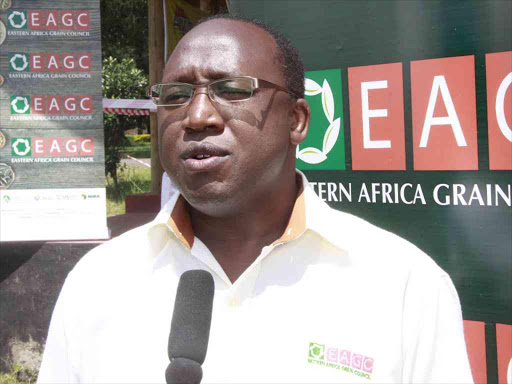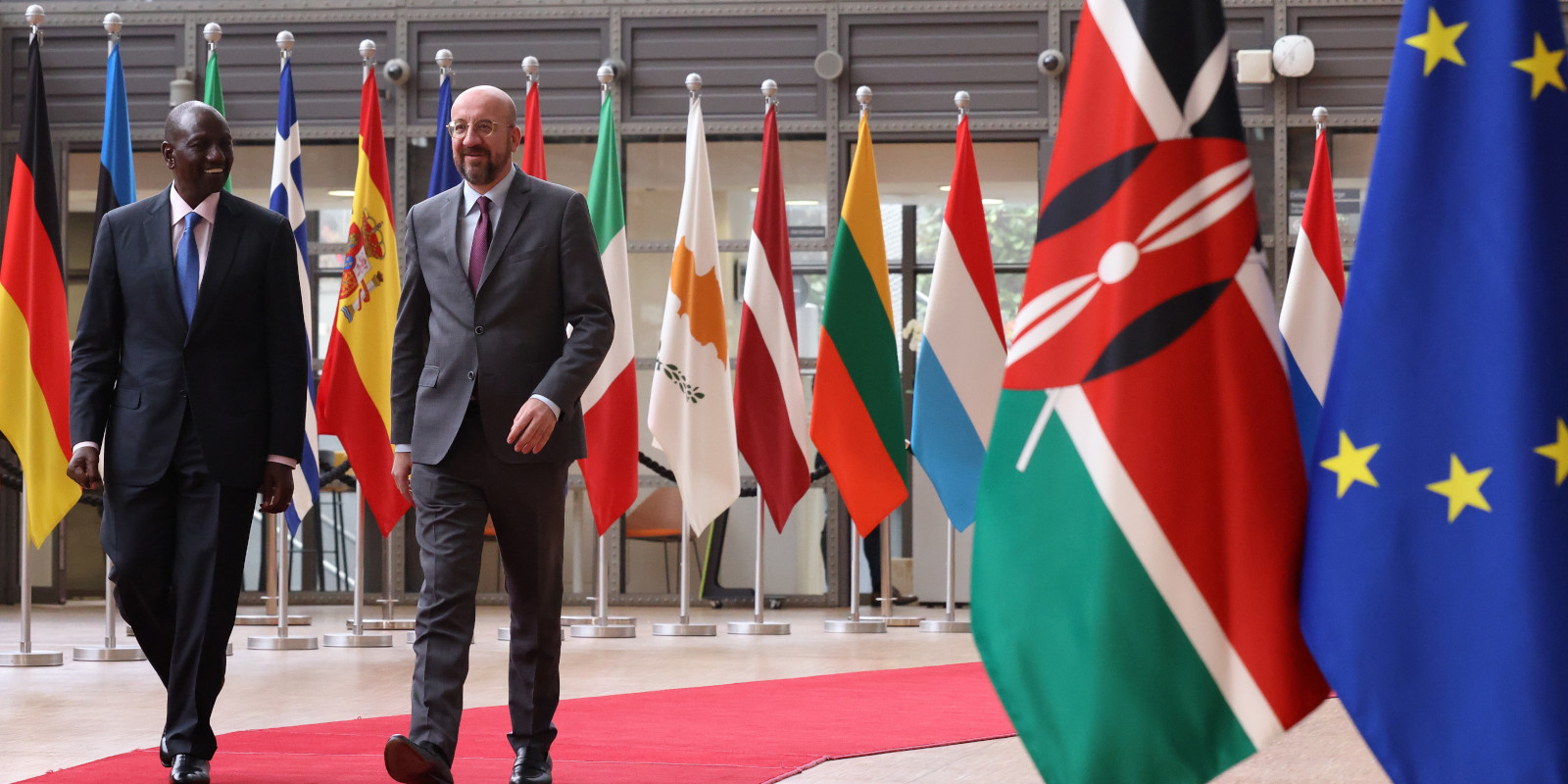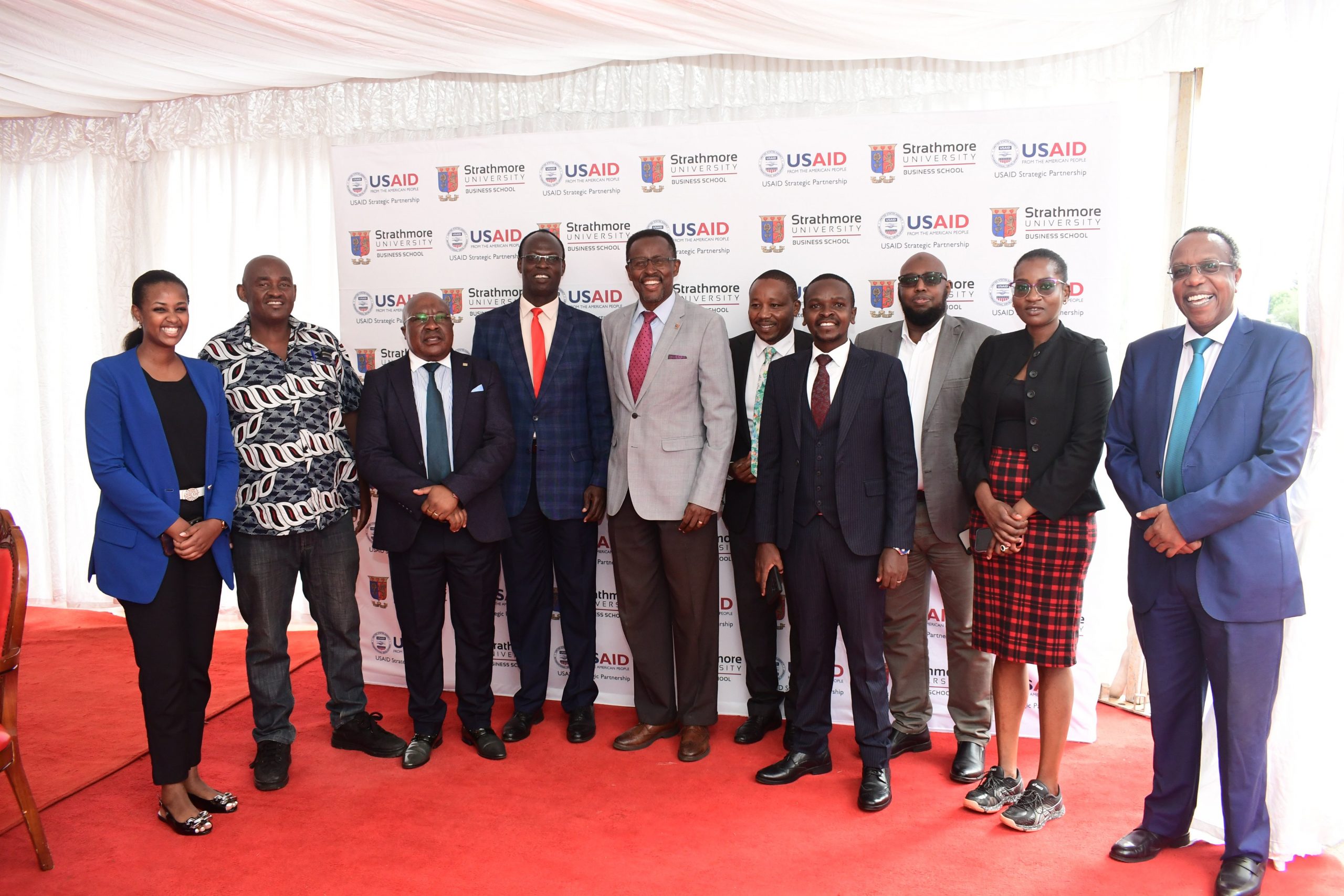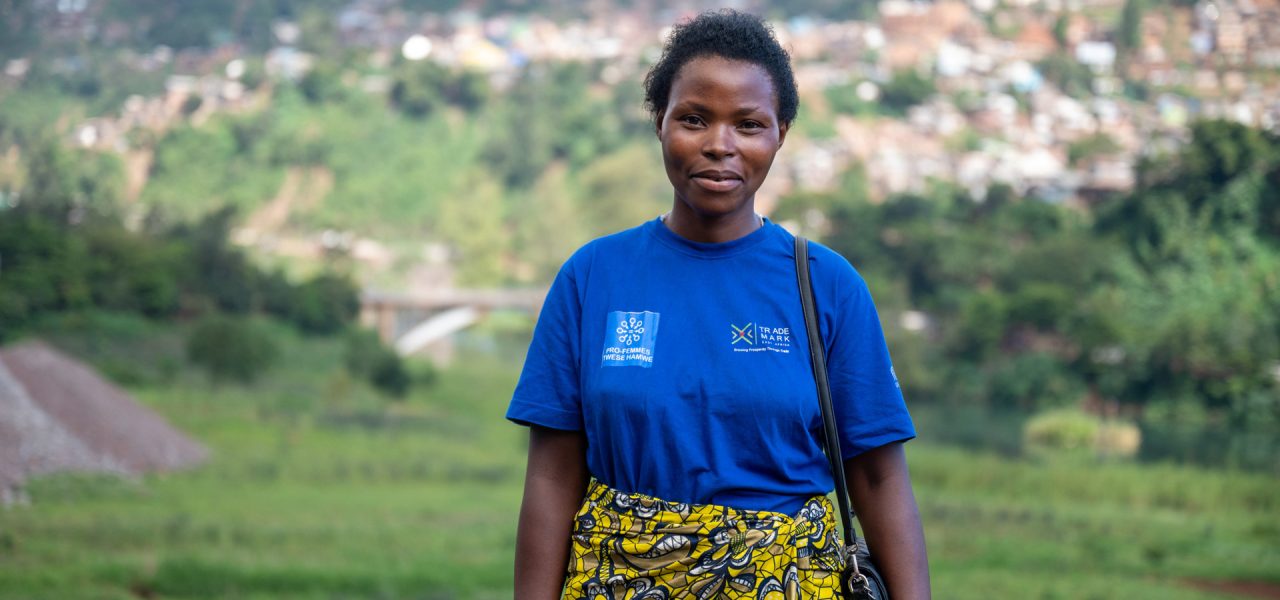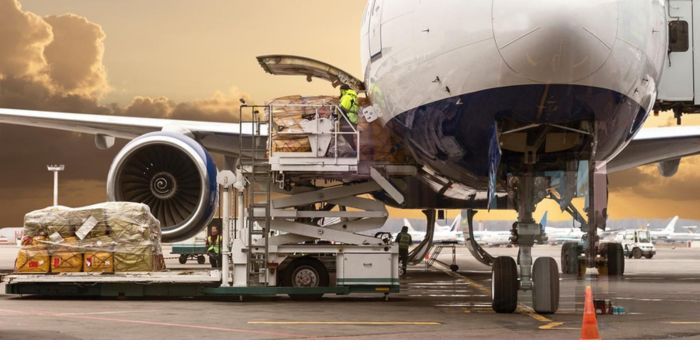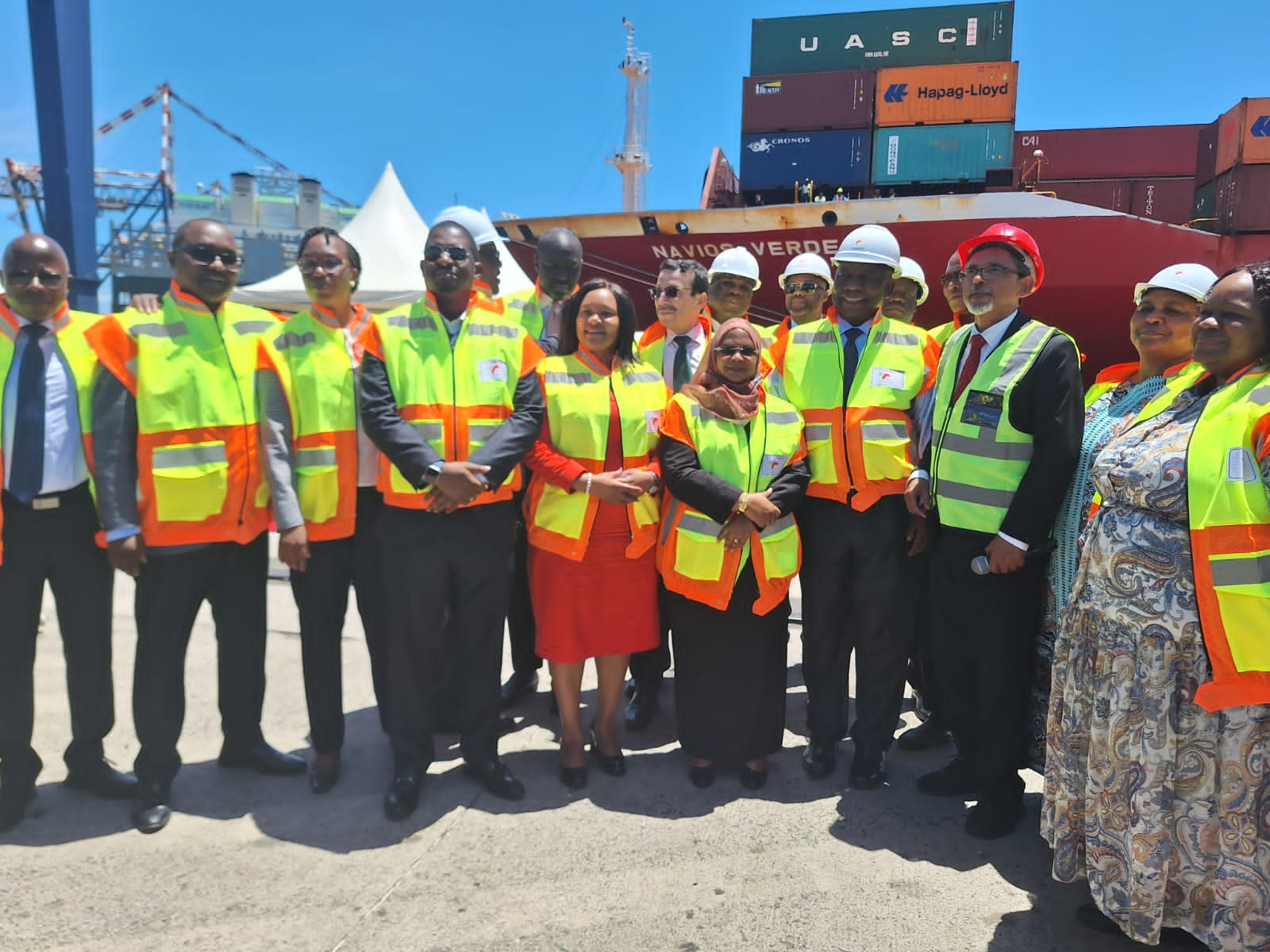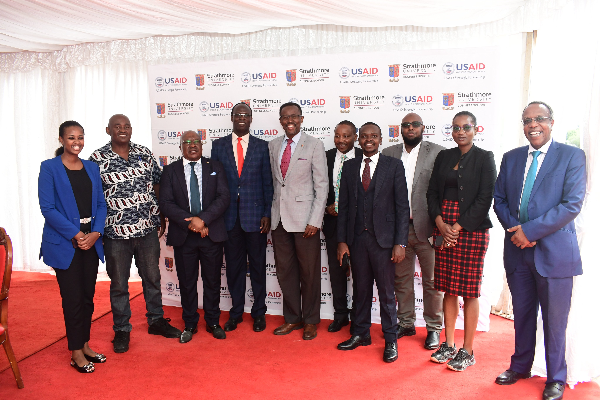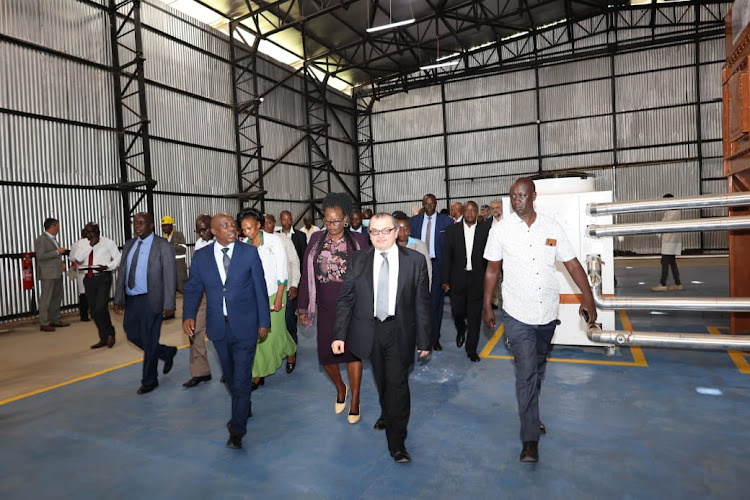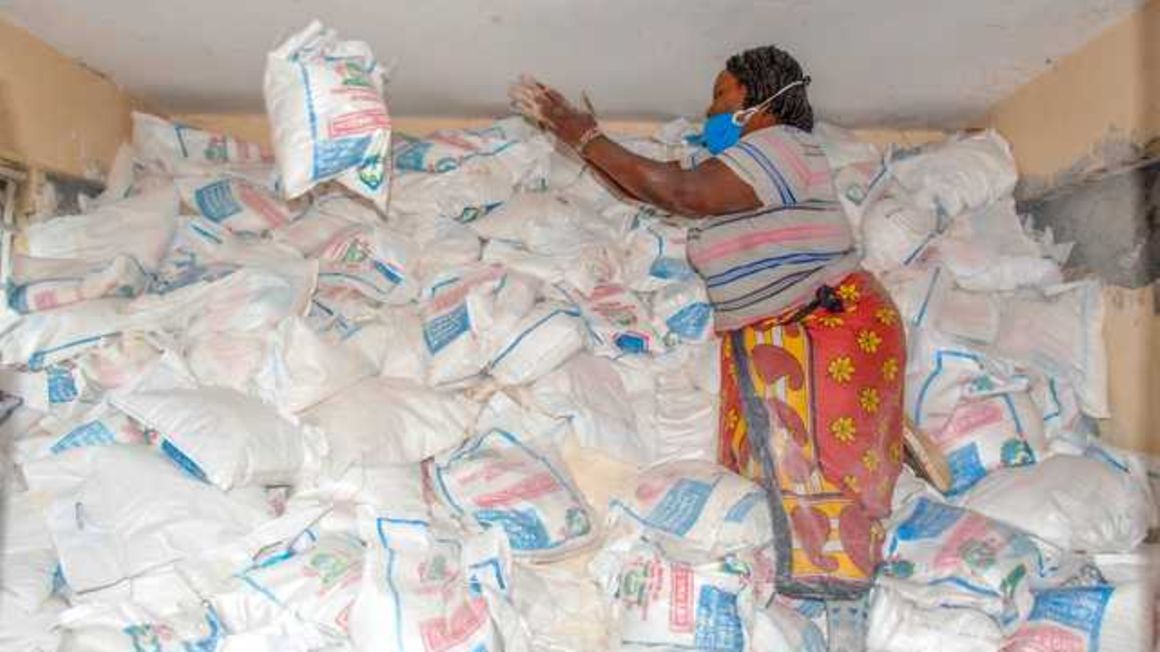In Summary Trade policies, particularly the ad hoc restrictions to trade leading to export and import bans, have seriously affected grain trade in the region. Factors positively enabling regional cross-border trade in grains are the diverse agro-ecology that delivers a harvest of grains all through the year. Gerald Masila, Eastern Africa Grain Council (EAGC) Executive Director and JudyAnne Wanjiku, managing director EFKen Leasing Ltd (EFKen) sign a Memorandum of Understanding (MoU) to provide lease finance for mechanization to farmers and Micro, Small and Medium Enterprises (MSMEs). Image: EZEKIEL NG'ANG'A The grain trade in Eastern Africa struggles with quantity and its quality and safety. As a result these affect the price and health of the consumers. Star reporter Agatha Ngotho interviewed Gerald Masila, executive director, Eastern Africa Grain Council, about some of the challenges facing the grain trade in the region over the years. What is EAGC and what do you do? The Eastern Africa Grain Council is a membership council of firms and organisations in the grain value chains in the Eastern Africa region. It is not for profit and the main objective is to ensure quality and safe grain are produced and traded through the supply chain, in an efficient and inclusive manner resulting in minimised costs and increased return on investment. EAGC members include small holders, medium and large-scale commercial farmers, grain traders and warehouse operators who aggregate and trade in grains, processors who take in grain raw materials. What are some of value chains you deal with? Key cereals and pulses we deal with...
Quality and safety hindering grain trade in Eastern Africa, says expert
Posted on: February 9, 2024
Posted on: February 9, 2024

